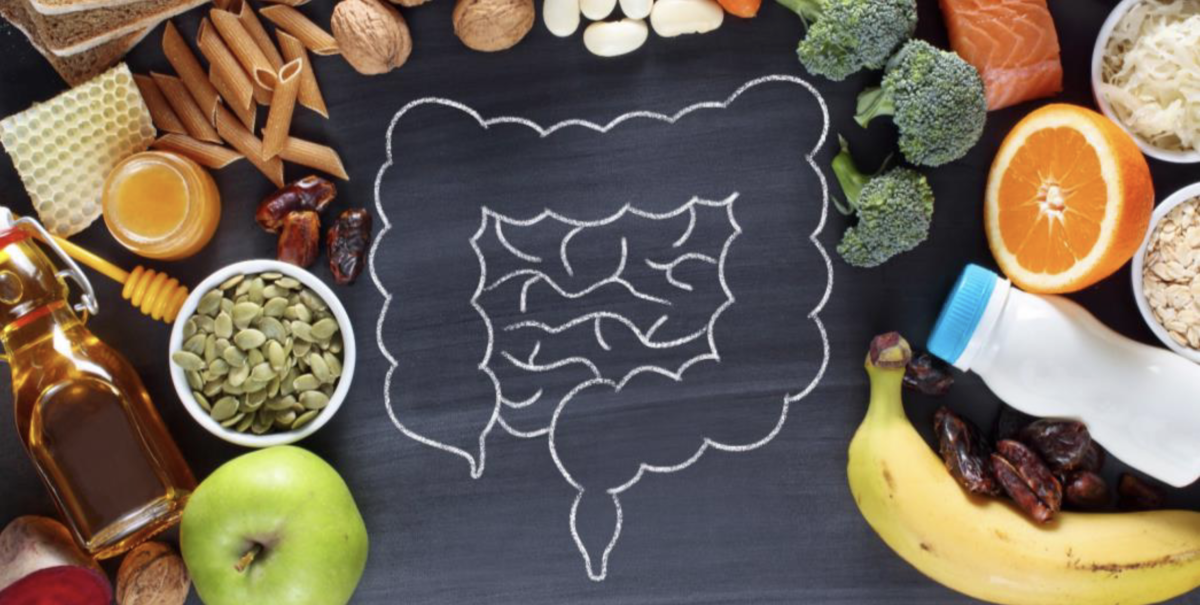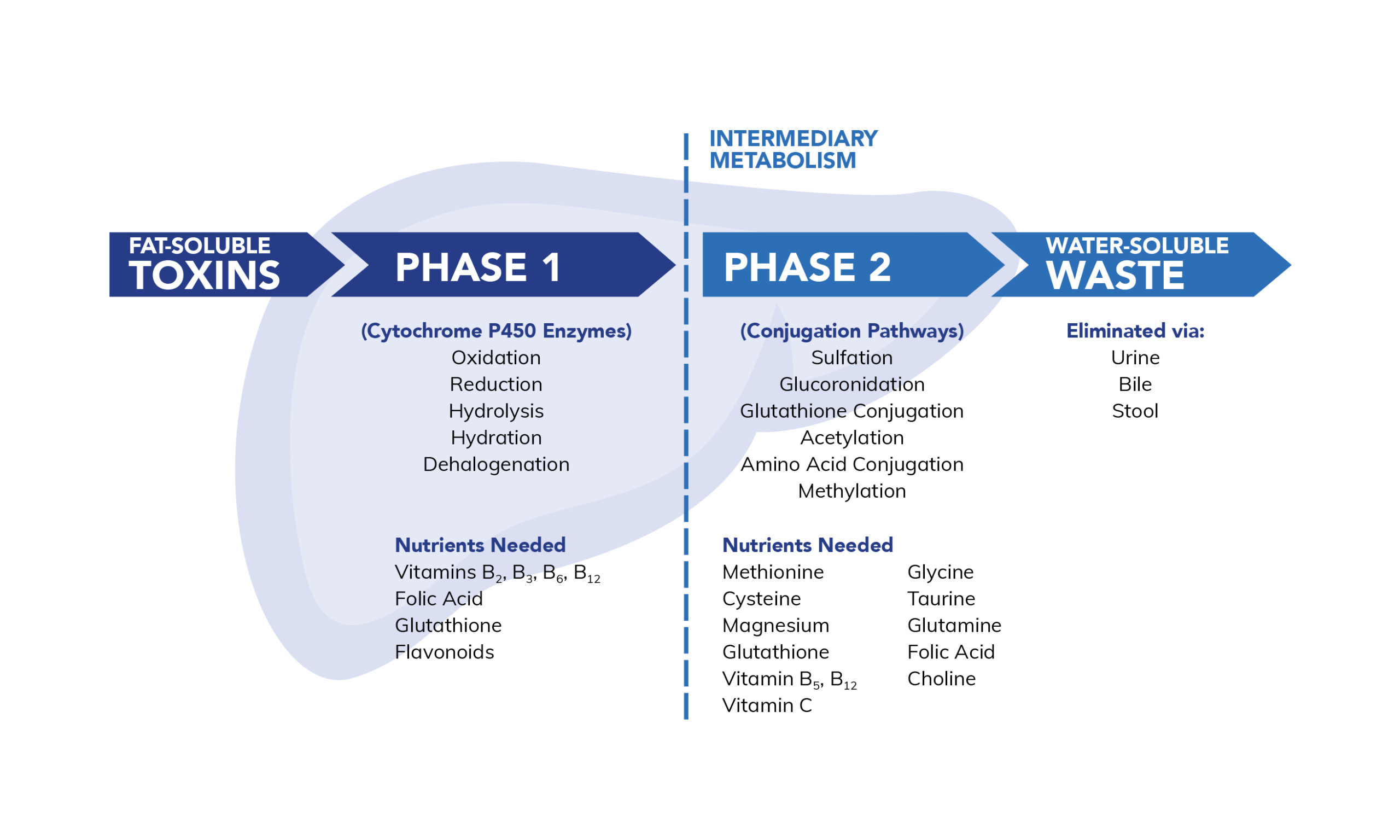People take supplements to improve or optimize their health. So what happens when you look at the label, and the ingredient list is filled with unrecognizable additives?

Gut microbiota plays a crucial role in the human body.
The role of gut microbiota on the Immune System
- Oral tolerance is the ability of the gut microbiota to be able to tell which microbes positioned on the mucous membrane of the intestine are allies or enemies.
- The Gut–Associated Lymphoid Tissue (GALT) is our first line of defense against many outside microbes. It represents the largest peripheral lymphoid tissue in the body, including specific cells responsible for the immunological control such as Peyer’s patches and M cells. Recent studies on the gut microbiota showed how specific bacteria contribute to the M cell modulation (bifidobacteria).1
- Cooperation with immunological cells located under the mucous membrane. This complex but crucial relationship depends on the balance of our Innate Immunity. Additionally, specific cells, such as mast cells, play a role in releasing histamine, the well–known hormone related to allergic response. Working together with the intestinal mucosa, the gut microbiota provides a very effective barrier against all potential environmental factors: food, water, air, and even emotional stressors.
- Modulating the Oxidative Stress Response, specifically the amount of free radicals released from the intestine, is determined by the health of the gut microbiota.

Gut Microbiota, Liver and Immune System
Gut barrier integrity is essential to support liver health. The liver filters all internal and external toxins within the body. The liver also plays a pivotal role in modulating our immune system thanks to the production of molecules that will build the “adaptive immune response”, such as globulins and antibodies. To be able to perform such important tasks, the liver constantly uses specific molecules, such as enzymatic cofactors and vitamins (phase I, II, III of liver detoxification).
Nutrients that Support Gut and Mucosal Microbiota and Liver Health
- Zinc, copper and manganese are cofactors of SODs (Superoxide dismutases, the first antioxidant protagonist of the liver). SODs are universal enzymes of organisms that live in the presence of oxygen. They catalyze the conversion of superoxide into oxygen and hydrogen peroxide.
- NAC (N–Acetylcysteine) supports cellular antioxidant defense system as a radical scavenger that supports glutathione levels in tissues.2
- Vitamins B2, B3 and B6 act as enzymatic cofactors.
- Amino acids such as threonine are used during liver detoxification.
- Same (S–adenosylmethionine) is a key metabolite that regulates liver cell growth, death and differentiation.3,4

About gut microbiota and immune system:
- Intestinal dysbiosis is a potential immunological state that will remove something (micronutrients) and add something else (inflammation).
- Arabinogalactan a substance abundant in plants such as cereals, beans, leeks, pears, corn and wheat, offers an immunological modulation action.5
- Vitamins D and B2 support immune health and mucosal integrity.6
How to promote the daily balance of the microbiota?
Proper food, nutraceuticals, herbal and even appropriately–prescribed drugs combined with beneficial wellness habits (i.e., meditation, good sleep, stress management) can support:
- The ecobalance of the microbiota
- The modulation of the immune system
- Support of the intestinal mucosa against both emotional stressors and the “environment”
Natural ways to support our microbiota include:
- Maitake mushroom extract due to its specific “pre–biotic” and immunomodulating action12
- Astragalus extract because it acts as “adaptogen” on stress threshold resistence and immunomodulator13
- Lemon balm because it assists in stress modulation and in supporting the natural resolution of the
inflammatory process14,15
Ask The Expert
Sometimes after my breakfast, I experience occasional intestinal bloating and lethargy. Could this be due to my microbiota?
Dr Bossi: Yes ,of course. It is possible that your microbiota lacks the appropriate balance. I suggest paying attention
to:
- Your sleep quality
- Your sleep schedule
- Your evening meal
What are the most frequent causes of dysbiosis?
Dr Bossi: There are multiple potential causes of dysbiosis but they all boil down to your lifestyle, medications, hormonal drugs, diet (especially if it’s poor in fibre and high in preservatives), sleep quality and stress levels.
Is it possible I am intolerant to all foods?
Dr Bossi: There are only three scientifically recognized intolerances: lactose, histamine and gluten. The first two are the results of a lack of a specific enzyme while the third one is related to your immune response. Your symptomatology could be due to a kind of “general sensitivity” of your gut microbiota and digestive system that is unable to recognize what is right and what is wrong for it.
I notice that when I experience, my mood changes. Does microbiota have a role in this?
Dr Bossi: Yes. Recent studies show the microbiota are harbingers of not only inflammatory molecules that impact our behavior and mood, but also impact neurotransmitters and hormones essential for our mental balance.
Available upon request.

Doctor Monica Bossi, born in Trieste, Italy, is Surgeon specialist in Internal Medicine, Integrated Medicine (university specialisations) and expert in Biological Nutrition and Nutraceuticals. After a decade of experience in hospital and private clinic– both as Medical Director and Medical Manager– in Italy, she currently carries out her outpatient activity in Swiss areas where she lives and directs the first Functional and Personalized Medical Center in Lugano. Author and co–author of books on nutrition and medicine, of common and specialist divulgation.
As scientific advisor for Italy at Pure Encapsulations, she holds training courses of CME (continuing Medical Education) highly specialised for doctors, biologists, nutritionists, psychologists, and experts of integrated medicine. Also Advisor to the Presidency of the Council, for lifestyles in Preventive Medicine, in the period of Covid–19 pandemic emergency. Professor in Psycho–Neuro–endocrine–immunology and Integrated Nutrition with focus on gut microbiota in the II level master of Integrated Medicine at University San Raffaele of Rome, and in the II level master of Integrated Medicine at University of Chieti.
Share:
Related Posts

Benefits of Creatine in Perimenopause and Menopause
Written by Maura MacDonald, MS, RD, CSSD | 2025 As we age, the notion is that we will inevitably become weaker. Not as mobile as

Goodbye Pie Chart, Hello Phase 1 Sliders
Written by Allison Smith, ND | 2025 As we usher in a new era of DUTCH testing which leaves behind the concept of the three-way

Introducing the DUTCH Dozen
Written by Kelly Ruef, ND | 2025 Hormone testing can be complex, which is why Precision Analytical developed the DUTCH Dozen, an interpretive framework that

DUTCH Report Enhancements
Written by Hilary Miller, ND | 2025 Precision Analytical have released the newest version of the DUTCH Test. This is the report’s most significant update

Gallbladder Health 101: What It Does and How to Keep It Working Well
Written by Ashley Palmer & Pooja Mahtani | 2025 The gallbladder may not get much attention compared to the gut, but it plays a central

